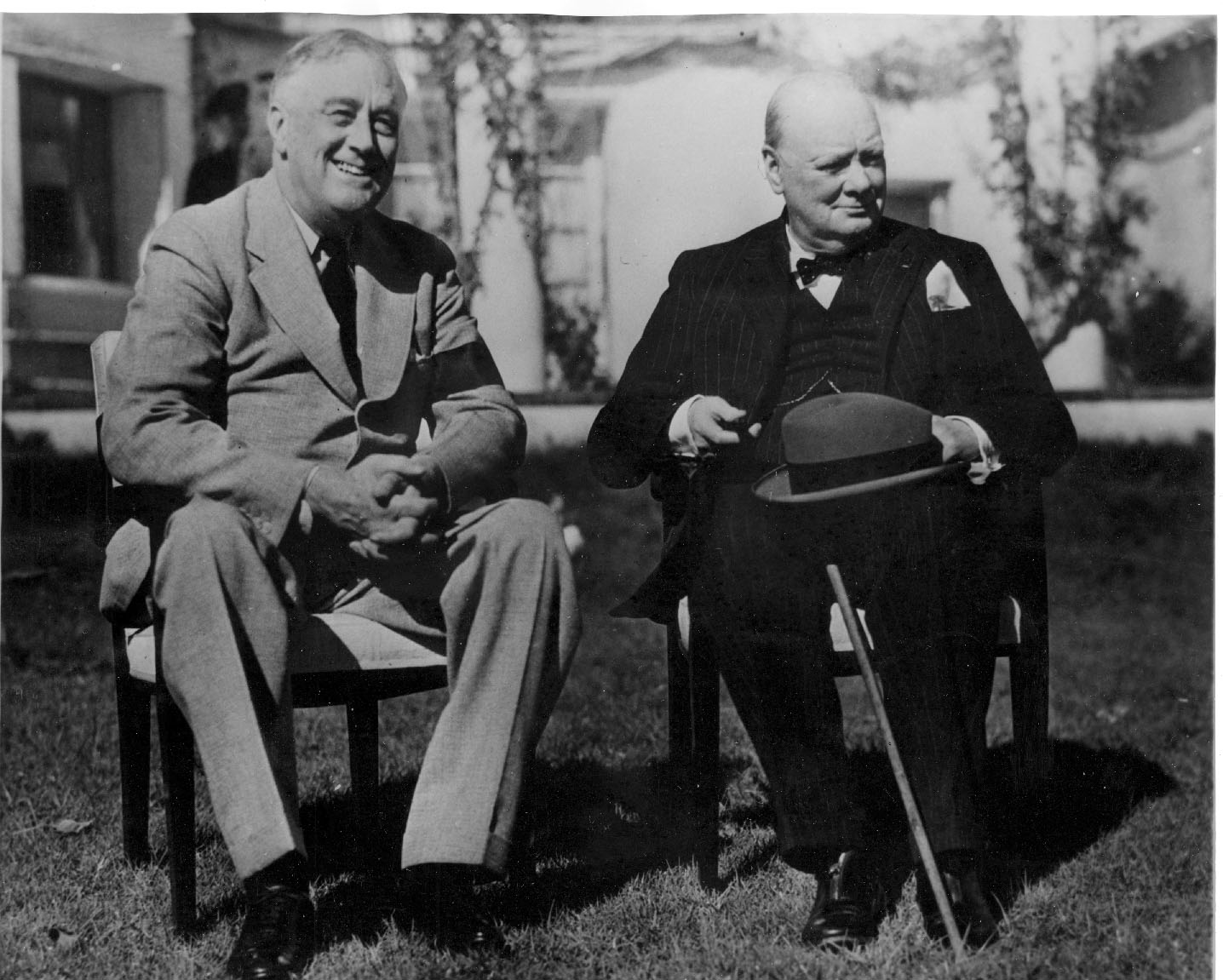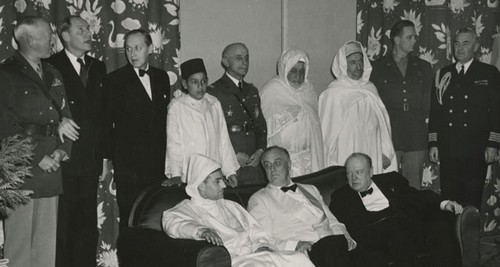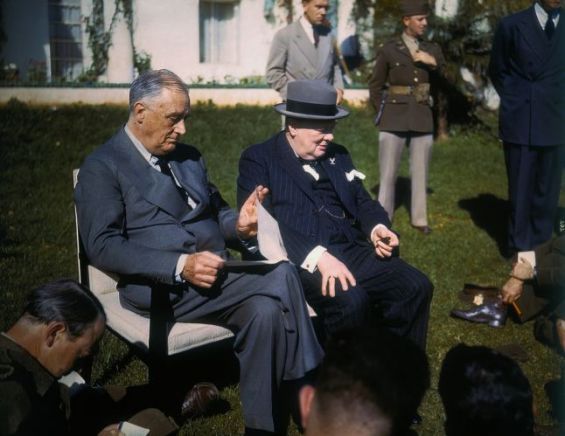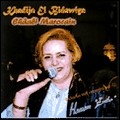In January, 1943, Casablanca hosted the Anfa Conference for ten days. The meeting was attended by the Allied leaders to discuss how they would defeat fascism and Nazism. Organized by the US President, Franklin Roosevelt and the British Prime Minister, Winston Churchill, the event welcomed French generals Henri Giraud and Charges de Gaulle.
On the 3rd of September, 1939, Sultan Mohammed Ben Youssef announced that Morocco is participating to World War II alongside, the Allied forces. A series of events followed his announcement, namely the truce established between the Allied and the Axis forces in June 1942 and the Anglo-American landing in North Africa, Operation Torch, in November of the same year. Since then, Morocco has become one of the key countries in the war. On the night of December 30 to 31st, 1942, eighteen German planes bombed Morocco’s economic capital killing 110 people.
Several military decisions adopted at the Anfa Conference
It took time and several other events for the American President and British Prime Minister to decide on the conference in Casablanca. «The arrival of the two leaders was a turning point in the Second World War, as the Free World was on its way to victory. It was at Anfa that the American President announced that the Allies would fight until the enemy surrenders», wrote the French historian Guy Martinet, quoted by the by the sixth volume of the book «Mémoires du patrimoine marocain» (Nord Organisation, 1986). Guy Martinet indicated that the Anfa Conference gave «hope to Europeans», recalling that the meeting was marked by the emergence of important military decisions.

«The conference saw the adoption of several military decisions, put together by the US and British secret services, including the conquest of Sicily and Europe in the spring of 1944. The plans for this operation were decided at the Villa Mirador (the current residence of the American mission in Casablanca, where Winston Churchill stayed)».
According to the French historian, Franklin Roosevelt promised to supply the soldiers deployed in North Africa. Weapons were delivered to them in April of the following year. On the diplomatic level, the Anfa Conference was an opportunity for the American President to meet Sultan Sidi Mohammed Ben Youssef. A meeting that was «a prelude to the North Atlantic Treaty Organization and a sign of hope to Moroccans combating for their independence», added the historian.
A historical meeting between Mohammed V and Franklin Roosevelt
On Friday the 22nd, 1943, the American President received the Alaouite Sultan twice in Villa Saada residence, first in an one-on-one meeting, and then at an official dinner that was attended also by the Crown Prince Moulay El Hassan and Elliott Roosevelt, son of the US President.
Based on the account provided by the U.S Embassy official website, during the Anfa Conference held in Casablanca to map out strategy for the war, President Roosevelt hosted a dinner party inviting Sultan Mohammed Ben Youssef and Moulay Hassan. «At the dinner, the discussion centered on Morocco’s natural wealth and the possibility of development, and on efforts to raise health and education levels», mentioned the same source.

«The two leaders also talked of increasing U.S.-Moroccan trade and economic cooperation. President Roosevelt asserted that the Sultan should not allow other countries to exploit Morocco’s natural resources».
The president, who was angered by the French exploitation of Morocco’s resources, suggested that Moroccan engineers, educators and scientists be educated in America and offered to assist the Moroccan development.
«After discussing the general situation, my father (King Mohammed V) and the American president kept talking. The latter then asserted that colonialism was no longer relevant and that it would soon come to an end. He even said that he was waiting for the day the Kingdom of Morocco would be proclaimed independent in accordance to the North Atlantic Treaty», write King Hassan II in 1976 in his memoirs entitled «Le Défi» (Albin Michel).
Elliott Roosevelt, for his part, wrote in «My father told me» (Flammarion, 1947) that the two leaders spoke in French when they discussing Morocco’s independence, whereas the British Prime Minister had tried, «many times», to change subjects. «The sultan told my father that Morocco will solicit the United States, just after the war, to help the kingdom in a general process of development. When he (late Mohammed V) was talking, his eyes shone with joy as he spoke of 'a better future' for his country,» he said.
In May 13, 1943, the Allies had managed to recover Tunis at the time when the Moroccan soldiers, numbering 35,000, accounted for more than half of the military contingent. From November, no less than 10 000 Moroccan soldiers arrive in Naples and nearly 75 000 soldiers of the kingdom invaded Rome in December. We know from these dates the victories achieved by the Moroccan goumiers who have distinguished themselves by their courage, dedication and sacrifice.
In 1943, the Istiqlal party was created by the nationalists who, on January 11, 1944, published the Manifesto of Independence. A few years later, the Moroccan national movement took the form of an armed struggle with the creation of the National Liberation Army (NLA) combating for Morocco’s independent.





 chargement...
chargement...












